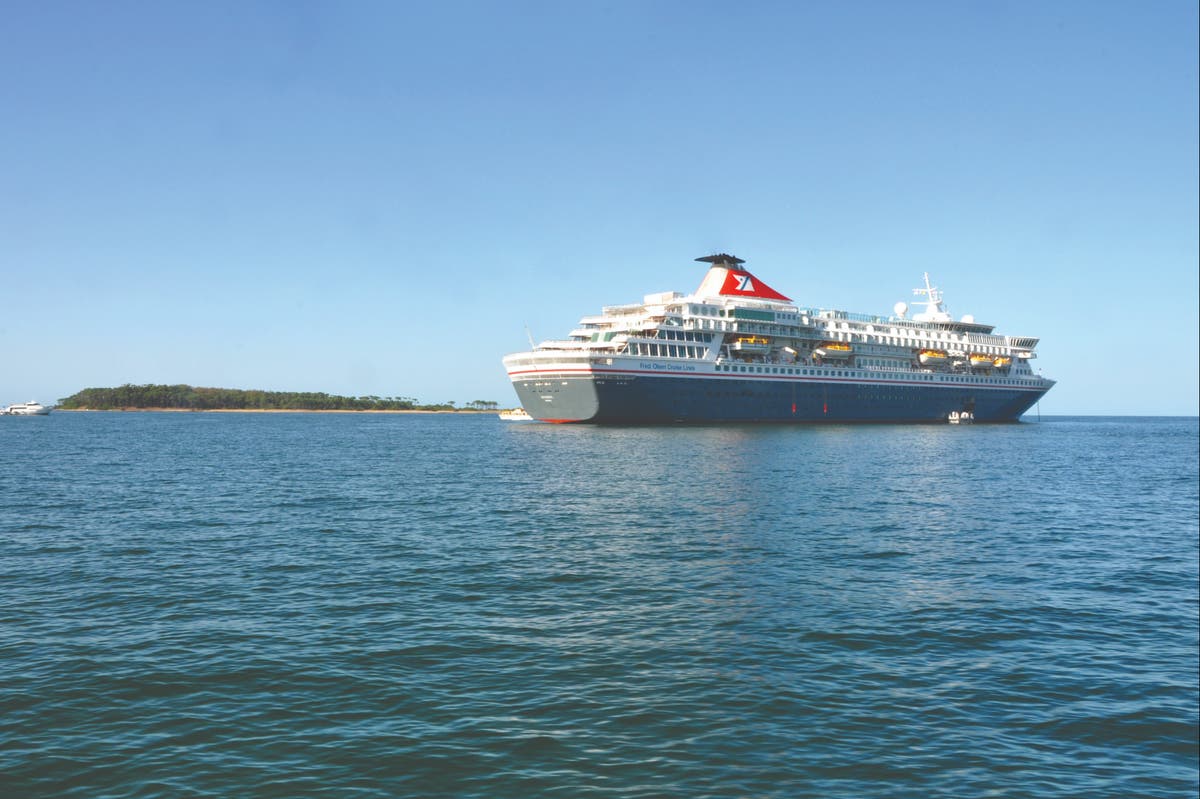Cruise lines and agents are inventing rules on passport validity, The Independent has found.
One of the leading UK cruise lines, Fred. Olsen, currently asserts on its website: “EU countries consider the expiry date of a passport as the date 10 years after it was issued.”
This is not true, and never has been. European Union nations, like every other country, consider the expiry date to be as printed on the passport. The rule for the EU (and wider Schengen Area) is that least three months’ validity must remain on the intended day of return.
The EU imposes an additional condition: that British passports must not be more than 10 years old on the date of arrival. But that is not the same thing as deeming a passport to expire on its 10th birthday if it has months longer to run.
Providing correct advice on the validity of UK passports is essential to ensure that travellers are properly documented for their destination – while avoiding passengers feeling pressurised into renewing a passport unnecessarily, possibly paying a premium for Fast Track renewal.
Clare Ward, commercial and product director at Fred. Olsen Cruise Lines, said: “We ask our guests to ensure that, when travelling to Europe with us, their passport issue date is within 10 years of the date they will arrive into any European country.
“This is in line with the requirements set out by the Schengen Area governments, and as detailed by our own UK government, via gov.uk, and the European Union for travel advice to these countries.”
That is true, but does not account for the incorrect assertion that EU nations regard a 10-year-old passport as expired. The Independent has asked Fred. Olsen to correct the misleading information.
Last week, the UK’s biggest independent cruise agent, Iglu, updated its online advice to align with EU rules. Previously the firm had warned passengers their passports could not be used beyond nine years and six months.
After the intervention of The Independent, Iglu Cruise has now corrected the information.
A spokesperson for Iglu said: “Our foremost motivation is simply to ensure that our guests are able to cruise without hitches at passport control. In line with our cruise line partners, we clearly state our best advice for guests.
“Whilst of course the onus is on the traveller, we do everything we can to remind guests to consider these important matters well in advance of travelling, and they are grateful that we do so.
“Without this advice, the cruise industry did see passengers turned away, and we all want to avoid that as much as we can.
“Whilst we err on the side of caution with our advice, we find that most customers are pleased to be warned.”
Other cruise lines impose their own rules. P&O Cruises says that for voyages outside Europe, “guests are required to have six months validity left on their passports from the date of final disembarkation”. This applies even on cruises taking in only Canada and the US, both of which accept British passports up to their expiry dates.
The cruise line says the rule is imposed so that in the unlikely event of a ship being diverted off its planned itinerary, all passengers meet passport requirements.



